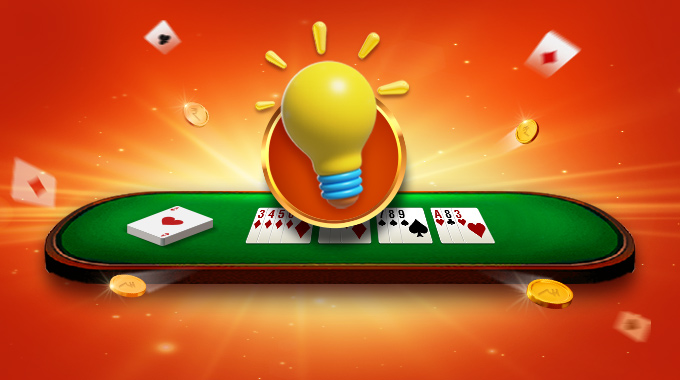Fostering Empathy and Perspective-Taking Through Rummy
The capacity to interact with people and grasp their viewpoints is more important than ever in the fast-paced world of today. Although one would not immediately link a card game like Rummy with the evolution of social intelligence, playing this age-old game can greatly improve our ability for empathy and perspective-taking. Here’s how Rummy helps you develop these key skills.
Understanding Empathy and Perspective-Taking
While perspective-taking is knowing another person’s point of view without necessarily sharing their emotions, empathy is often described as the capacity to feel what someone else is experiencing. Good communication and solid relationship growth depend on both skills. Playing online rummy free games demands players to predict the actions and intentions of their opponents, therefore providing an ideal setting for honing these skills.
Anticipating Opponents’ Moves
Each choice you make in Rummy counts. Players have to look through the cards on the table, guess what their opponent may have on hand, and plan their future moves. This approach calls for a thorough understanding of human behavior as much as game mechanics. For example, if a player discards a certain card, this might reveal their strategy or the sort of hand they are attempting to create. Players who identify these signals participate in perspective-taking—that is, they evaluate why an opponent took a certain action and what it tells about their approach.
Understanding Motivations
Rummy is a game that different people play for different reasons; some will do anything to win while others value enjoyment and company above everything else. Understanding these aims enables one to empathize better with other individuals. For example, should a rival become irritated due to a setback, then it follows that a rational player would adapt by probably using some jokes. By doing this, it strengthens the relationship between the players and also makes the game more interesting.
Building Social Intelligence
Rummy playing is not just about winning; it also entails some important interaction with others. Each game provides an opportunity for one to better his or her social intelligence through reading non-verbal cues, identifying emotions, and giving appropriate feedback. Social cue reading and empathy are enhanced when individuals negotiate the complexity of the game.
Learning from Mistakes
Any game will always have mistakes. In Rummy, players can experience losses that cause irritation or disappointment. These events, nonetheless, provide insightful teaching opportunities. Players use perspective-taking to examine how their mistakes—misjudging an opponent’s plan or making a bad play—affected others in the game. As players realize everyone has highs and lows throughout games, introspection might increase empathy.
Encouraging Healthy Competition
Playing rummy creates healthy competition among individuals. As such, it encourages players to maintain their self-esteem and focus on personal development. This equilibrium is essential for the growth of empathy; through this, they come to realize that winning alone cannot be compared with the overall experience of the game.
Conclusion
In essence, Rummy is not only a game but also a platform through which one can acquire important characteristics such as empathy and perspective. For this reason alone, always remember that when you play on RummyCircle, you are enhancing your ability to closely relate with others. It is an opportunity during which you can train yourself to be caring and understand others better both in the game and out of it.




